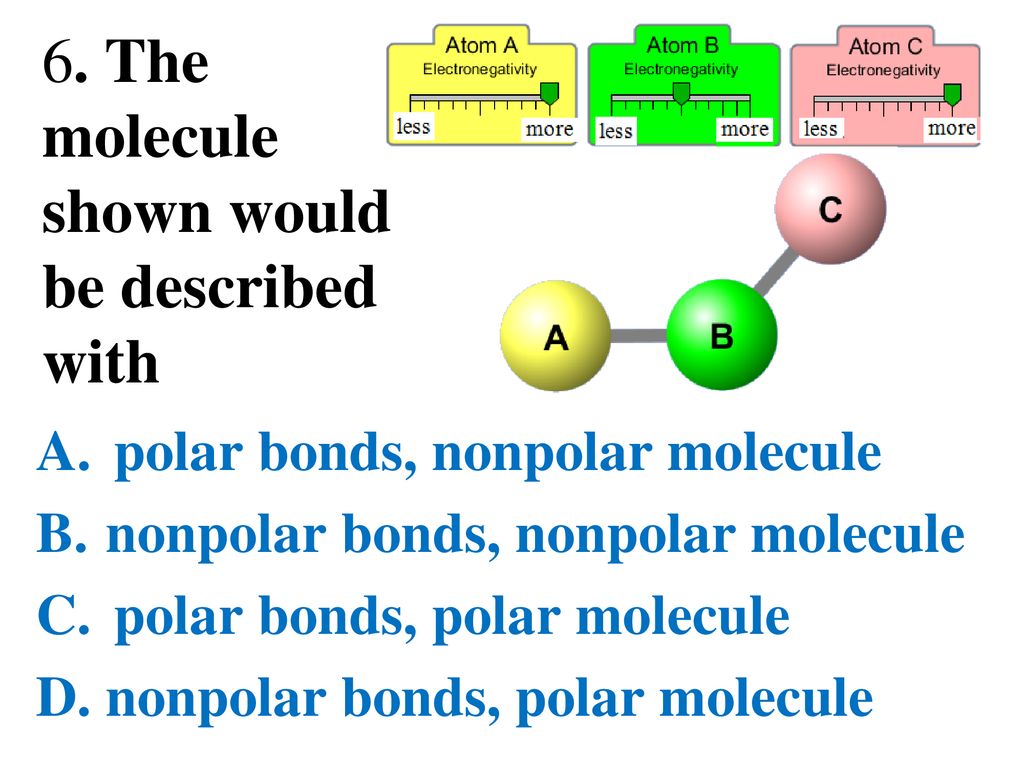WIN55,212-2 improved cognitive impairment evaluated by BM and NORT following BFCN lesion. Credit: British Journal of Pharmacology (2024). DOI: 10.1111/bph.17381
A University of the Basque Country (UPV/EHU) study proves that the WIN55.212-2 drug protects the brain and reverses the initial cognitive damage caused by dementia.
The UPV/EHU’s Neurochemistry and Neurodegeneration group has come up with a drug that is a potential candidate for tackling memory deficits in the early stages of the disease in rodents. Research shows that the drug activates the cannabinoid neurotransmitter system (which protects the brain), and this stimulates the cholinergic system (which controls memory and learning) by increasing the synthesis of acetylcholine (a neurotransmitter in the brain that controls memory and learning).
These results, now published in the British Journal of Pharmacology, open up a promising therapeutic approach.
Research spanning more than 20 years has led the UPV/EHU’s Neurochemistry and Neurodegeneration group under Dr. Rafael Rodríguez-Puertas to discover a promising avenue for the development of new therapies that improve memory in cases of cognitive impairment in neurodegenerative diseases such as Alzheimer’s and Parkinson’s.
The study carried out by Dr. Marta Moreno-Rodríguez in the UPV/EHU group showed that the neurotransmitter receptors in the cannabinoid family and certain choline-containing lipids in the brain contribute towards cognitive improvement in rats.
Rodríguez-Puertas explained, “Analyses carried out over the years on a very large sample of brain tissue from autopsies of patients who were at different stages of development of the disease enabled us, intriguingly, to see that when the first clinical symptoms of Alzheimer’s emerge, damage is found in the area that is initially affected in patients and is caused by one of the interneuronal transmission systems, the cholinergic system (which controls memory and learning and uses acetylcholine as a neurotransmitter); by contrast, we saw that another neurotransmission system, the cannabinoid system, increases.”
The team also found that as the disease progresses, the cannabinoid system also ends up damaged. “It’s as if this cannabinoid system has an initial protective response to the damage of the cholinergic system and tries to protect the brain,” he said. “It is therefore a therapeutic target on which to act.”
After testing the effect of the drug WIN55.212-2, which interacts with cannabinoid receptors, on rodents in the early stages of the disease, the team found “that they behaved in the same way as those without brain damage: they learned and remembered spatial orientation in the same way,” explained Moreno-Rodríguez. “You could say that in some way the dru

